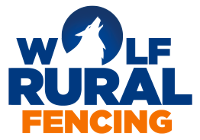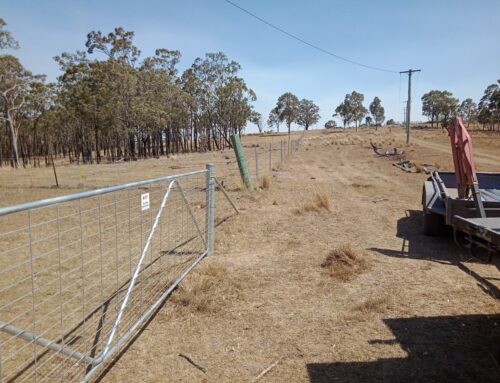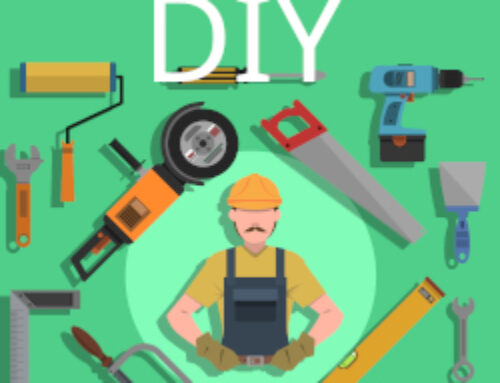Introduction: Selecting the right gate opener is crucial, especially when dealing with heavy hardwood gates. In this post, we’ll explore the pros and cons of investing in a more expensive Australian-made gate opener with an articulated arm versus opting for a cheaper Chinese alternative featuring an inline arm with a worm drive. Understanding the distinctions between these options will help you make an informed decision based on your specific needs and preferences.
Australian-Made Gate Opener with Articulated Arm:
Pros:
- Superior Quality:
- Australian-made gate openers are renowned for their superior quality. These products undergo rigorous testing and adhere to strict manufacturing standards, ensuring reliability, durability and are made for our Australian conditions.
- Tailored for Heavy Gates:
- Gate openers with articulated arms are specifically designed for heavy gates. The articulated arm provides enhanced control and precision, making it well-suited for hardwood gates that demand a robust and reliable system but always ensure a smooth operation no matter how heavy or indeed light the gate is.
- Adaptability to Gate Design:
- Articulated arms offer flexibility and adaptability to different gate designs. This makes them suitable for various configurations, providing a seamless fit for your specific hardwood gate.
- Weather Resistance:
- Australian-made gate openers are typically designed to withstand the harsh Australian climate. They often feature weather-resistant materials and coatings, ensuring longevity in diverse weather conditions.
Cons:
- Higher Cost:
- The primary drawback is the higher upfront cost. Australian-made gate openers are often more expensive than their Chinese counterparts. However, this cost is reflective of the superior quality and performance.
Chinese Gate Opener with Inline Arm and Worm Drive:
Pros:
- Affordability:
- Chinese gate openers are generally more budget-friendly. If cost is a significant factor in your decision-making process, a Chinese gate opener may be a more economical choice.
- Availability of Features:
- Despite being more affordable, Chinese gate openers often come with a variety of features, including remote control capabilities and different operating modes, providing some level of customization.
- Ease of Installation:
- Chinese gate openers with inline arms and worm drives are often designed for straightforward installation. This can be an advantage for those who prefer a simpler DIY installation process.
Cons:
- Durability Concerns:
- While Chinese gate openers can be feature-rich, there may be concerns about the long-term durability and reliability, especially when compared to their Australian-made counterparts.
- Limited Heavy Gate Compatibility:
- Chinese gate openers may not be as well-suited for extremely heavy gates, such as those made from hardwood. The inline arm and worm drive may not provide the necessary power and precision required for such applications.
- Potentially Limited Warranty:
- The warranty offered with Chinese gate openers may not be as comprehensive as those provided by Australian manufacturers. This could leave you with less protection in the event of malfunctions or defects.
Conclusion: Choosing between an Australian-made gate opener with an articulated arm and a Chinese alternative with an inline arm and worm drive involves a trade-off between quality and cost. If budget constraints are not a significant concern and you prioritize durability and performance, investing in an Australian-made gate opener is likely the better choice, especially for heavy hardwood gates. On the other hand, if affordability is paramount and you are willing to accept some compromises on long-term durability, a Chinese gate opener may fulfill your requirements. Assess your priorities, consider the specific needs of your gate, and make a decision that aligns with your expectations for quality and performance.






